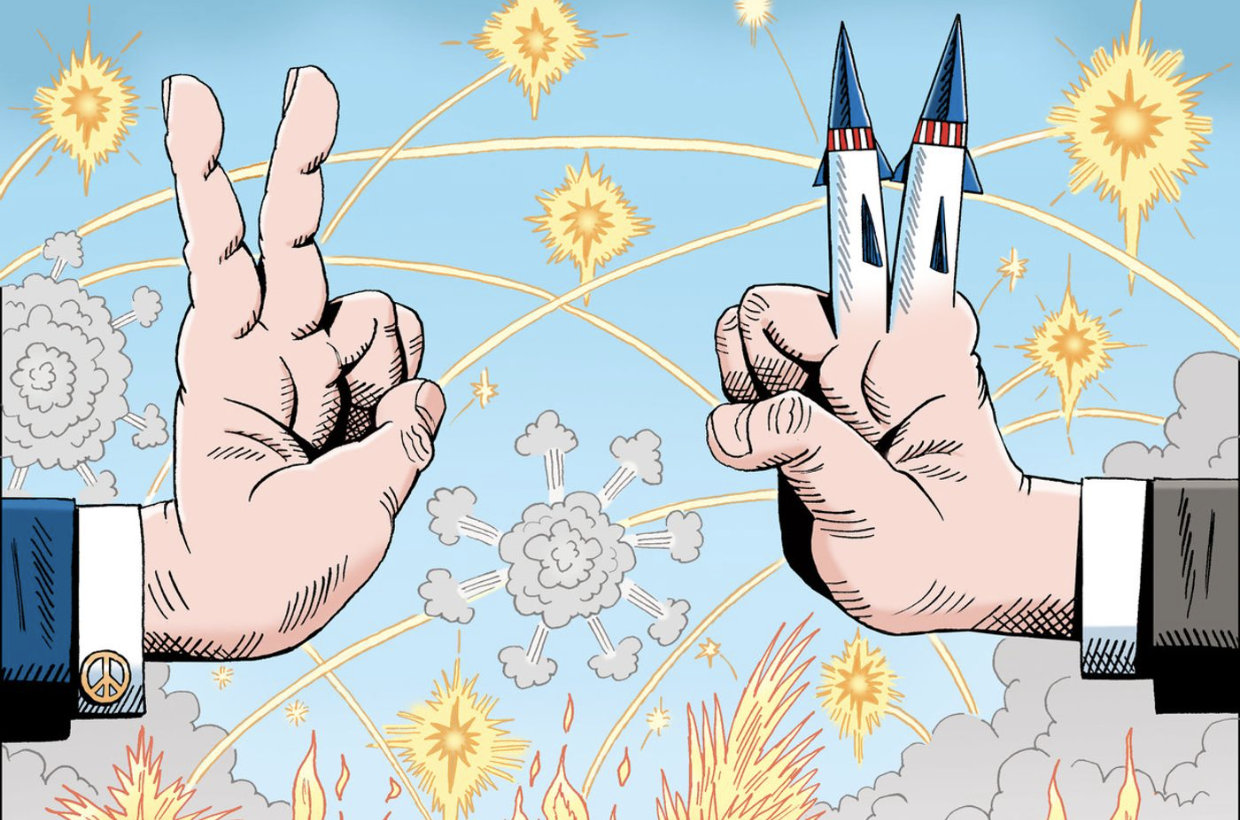Kerby Anderson
The world has always been a dangerous place. But those dangers are accentuated due to erroneous assumptions about war and foreign policy. Jakub Grygiel highlights three foreign policy illusions.
“The first is that leaders are responsible for wars and these countries are our rivals only because of their bad leaders.” One example can be seen in the statement by Secretary of State Antony Blinken, who placed the blame of the Russia-Ukraine war on Vladimir Putin. “One man chose this war. And one man can end it.” But a recent poll showed that three-quarters of Russians support the war.
“The second illusion is that international organizations and global governance can overcome contentious national and regional politics.” President Franklin Roosevelt believed the Soviet Union would behave better once it joined the United Nations. Western leaders hoped China would also be more responsible after joining the World Trade Organization. That has not happened in either case.
“The third illusion is that greater trade and wealth produce peace.” Nations proposed a naïve principle of “change through trade.” The US hoped trade with China would make that country more peace-loving.
Nations engaged in trade in order to gain advantage over their commercial partners. In many ways, trade fosters a desire for power. As nations grew economically, they also grew militarily so they could protect their commercial interests.
These significant conflicts between nations cannot be changed through leadership changes nor through international organizations nor through trade. Conflict between nations can be checked or even defeated, but that comes from military power.
 Listen Online
Listen Online Watch Online
Watch Online Find a Station in Your Area
Find a Station in Your Area











 Listen Now
Listen Now Watch Online
Watch Online
